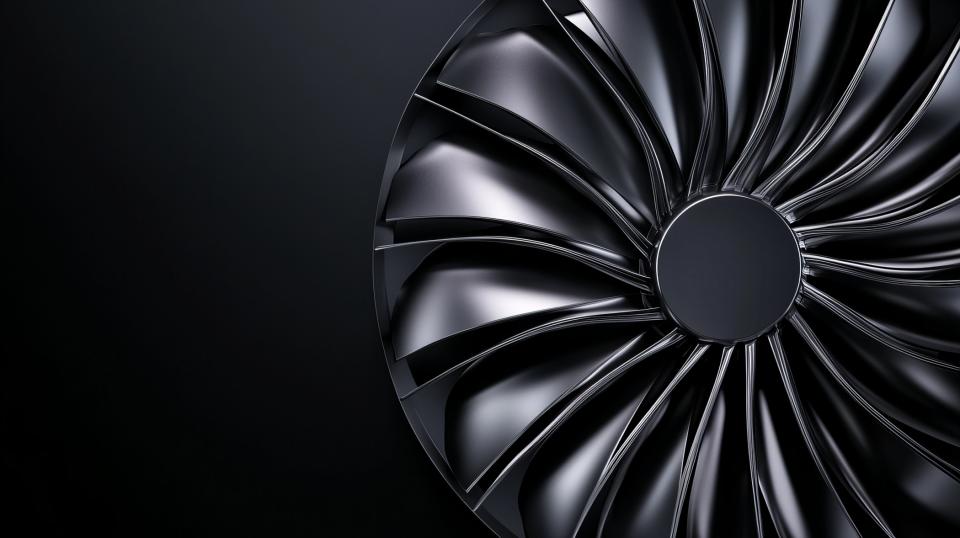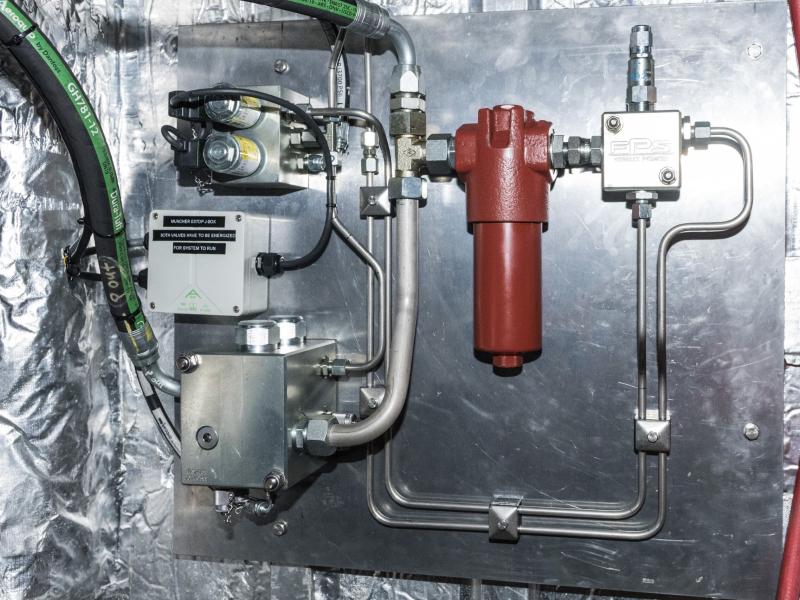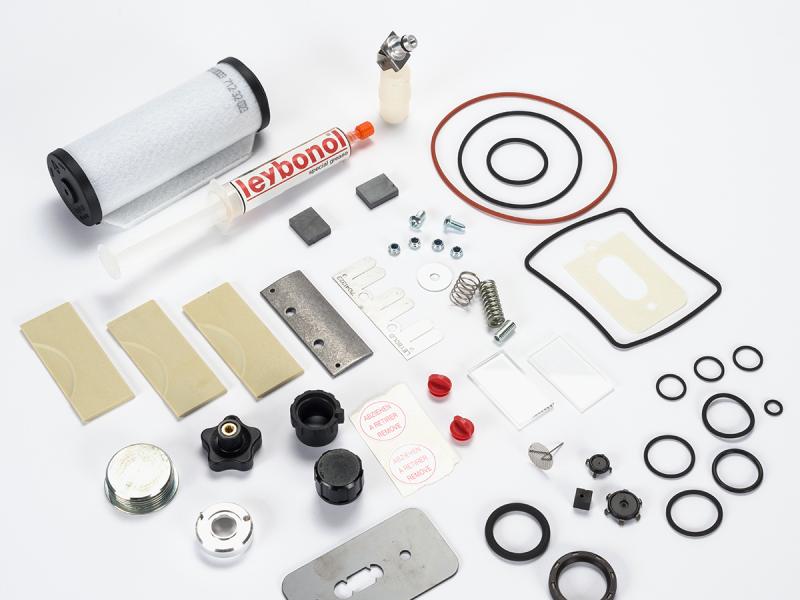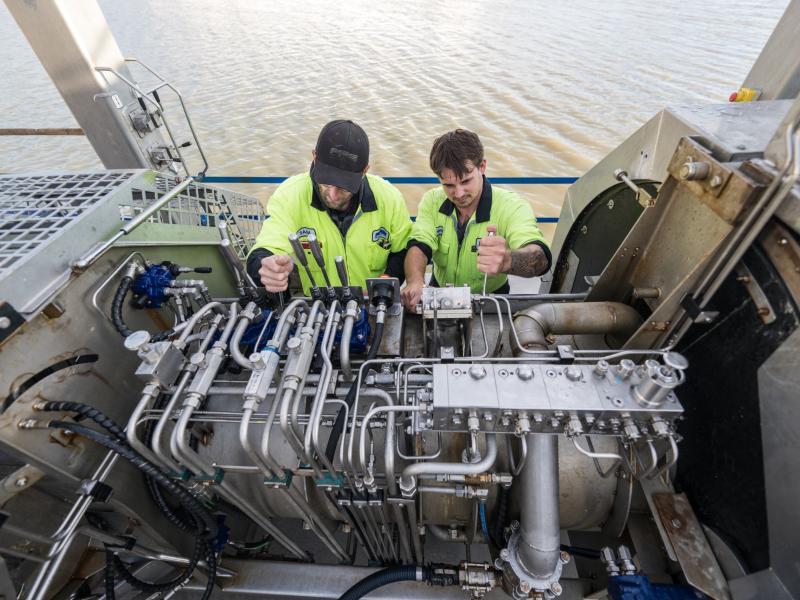As industries adopt more automation, the demand for reliable and efficient pneumatic systems, which power everything from robotic arms to air-powered tools, continues to rise. However, despite their widespread use, these systems often suffer from hidden inefficiencies. Here, Chris Johnson, managing director at SMB Bearings explores how an overlooked component, industrial bearings, can improve the efficiency of pneumatic technologies.
Bearings are essential components in pneumatic systems, responsible for reducing friction between moving parts and ensuring smooth operation. Over time, however, bearings can degrade, leading to increased resistance, higher energy consumption and ultimately, system inefficiency.
In pneumatic applications, even slight increases in friction can result in significant energy losses. For instance, air turbines and expanders used in compressed air energy storage systems rely on bearings to maintain smooth operation. If these bearings become worn or inefficient, the performance of the entire system can suffer.
As industries increasingly rely on automated systems, the demands on pneumatic equipment are becoming more stringent. Bearings that were once considered secondary components are now critical to ensuring efficiency, longevity and cost-effectiveness. Yet, too many companies continue to use bearings that are not suited to pneumatic systems.
Optimising bearings for maximum efficiency
To tackle inefficiencies, many industries are turning to more advanced bearing technologies. Traditional metal bearings may not provide the performance needed for modern, high-performance pneumatic systems. The solution? Advanced materials such as ceramic or hybrid bearings, which offer lower friction, better wear resistance and longer lifespans.
Ceramic and hybrid bearings are designed to reduce friction in pneumatic systems, which directly translates to lower energy consumption and improved system performance. These bearings not only reduce the strain on pneumatic systems but also extend the life of equipment, leading to fewer repairs and less downtime.
SMB Bearings, for example, offers a range of miniature, ceramic and stainless-steel bearings tailored to the specific demands of pneumatic systems. These bearings provide reduced friction and enhanced durability, which can help manufacturers cut energy costs and improve overall system efficiency.
The benefits of smart monitoring
In addition to upgrading mechanical components like bearings, manufacturers are increasingly incorporating smart technologies into their pneumatic systems. The Internet of Things (IoT) has allowed for real-time monitoring of energy consumption, enabling more precise control over system operation. Through IoT-enabled sensors and automated adjustments, manufacturers can optimise parameters such as air pressure and compressor operation to reduce energy use.
These smart systems not only improve energy efficiency but also help prevent unexpected failures by providing early warnings of potential issues. By integrating advanced monitoring technologies with high-performance bearings, companies can ensure that their pneumatic systems are operating at peak efficiency, leading to reduced energy costs and improved sustainability.
Unlocking the full potential of pneumatic systems requires a holistic approach that goes beyond merely upgrading compressors and air lines. By focusing on the performance of critical components like bearings, manufacturers can achieve substantial energy savings, improve system reliability and reduce operational costs. As industries continue to embrace more sustainable practices, the role of high-performance bearings in pneumatic systems will only become more important.






